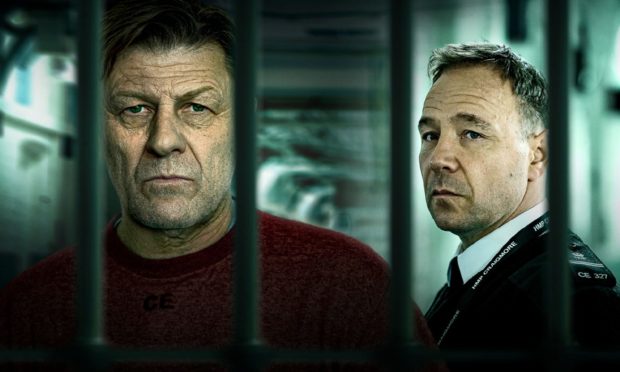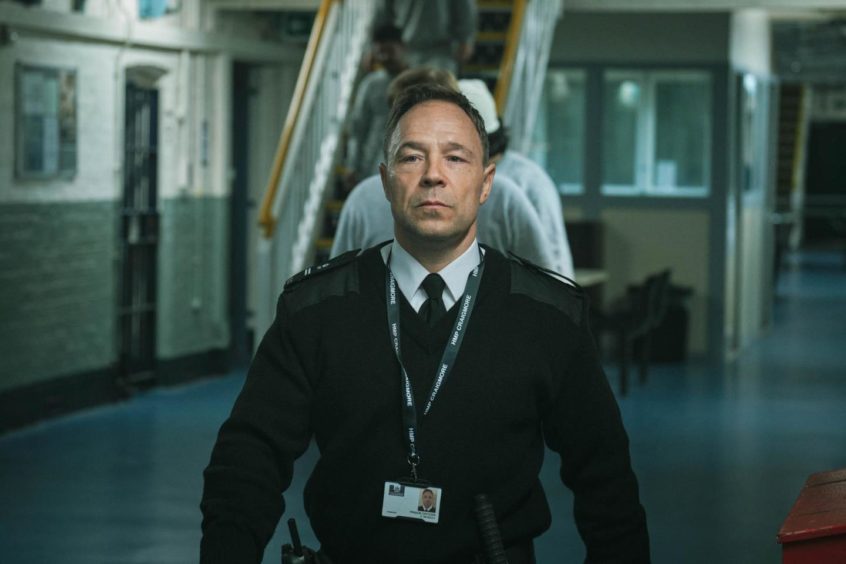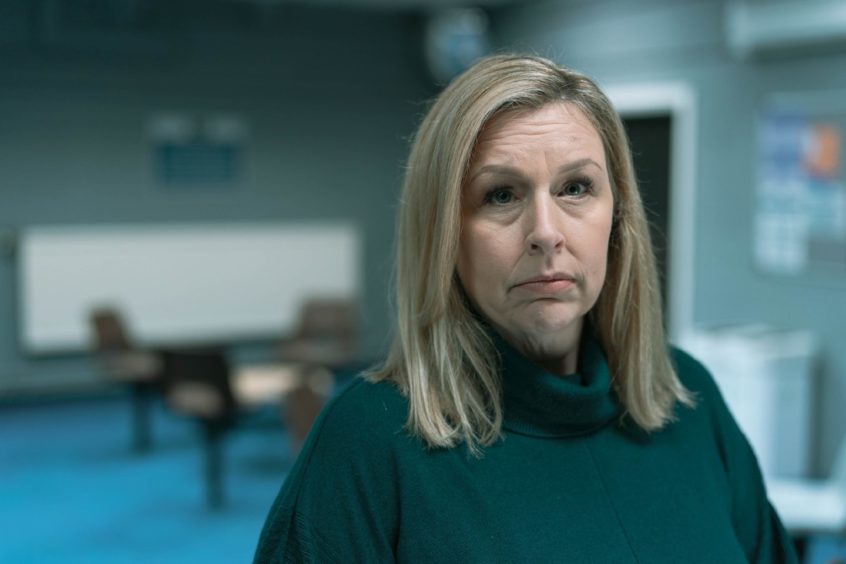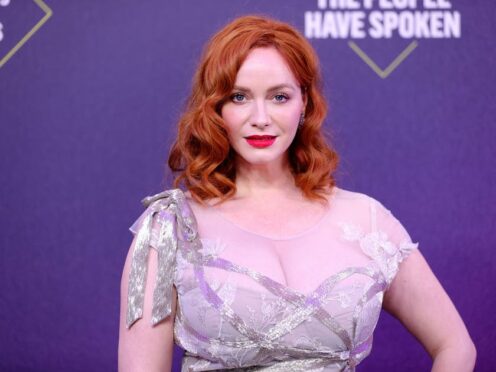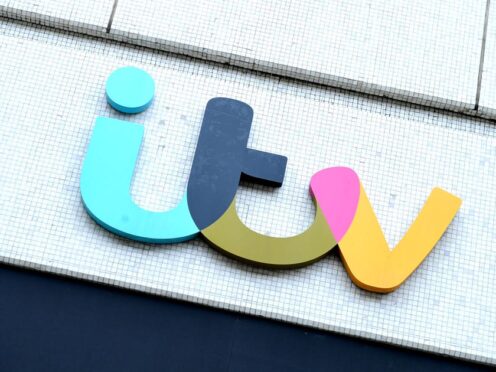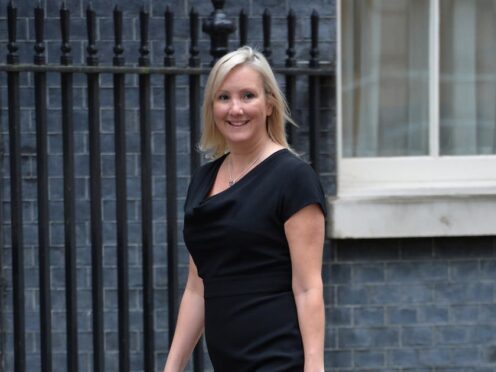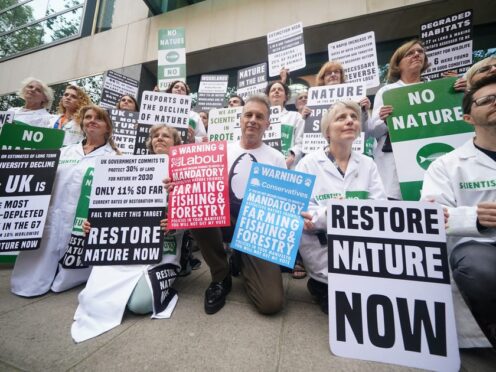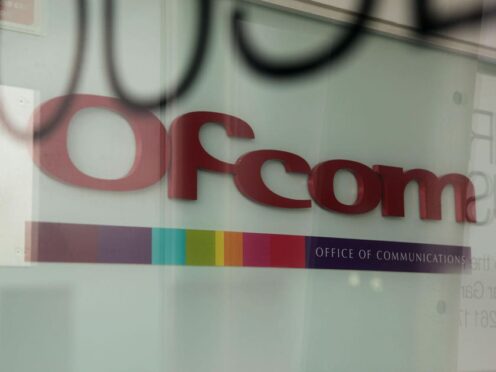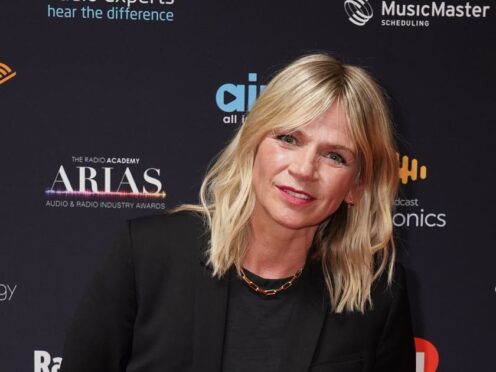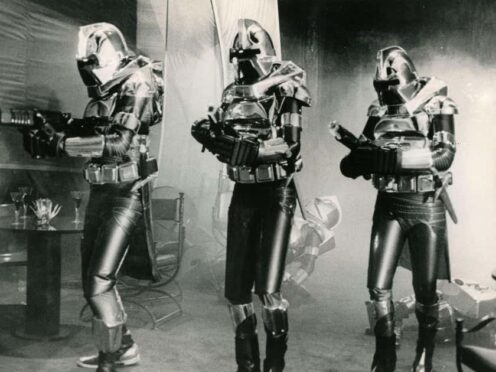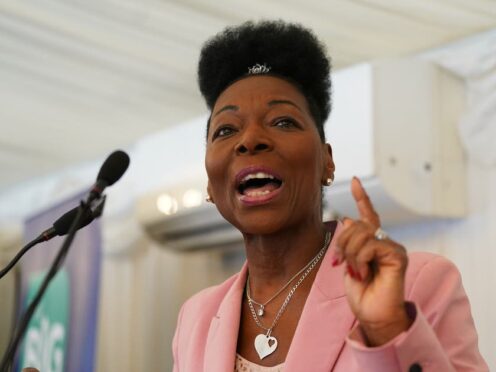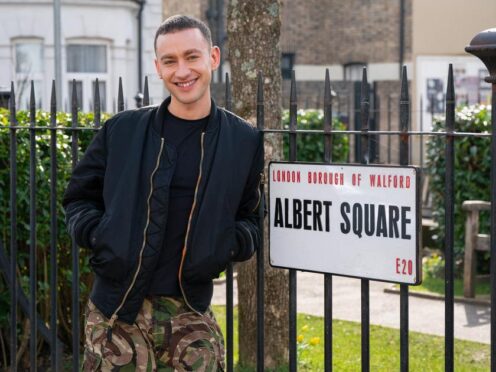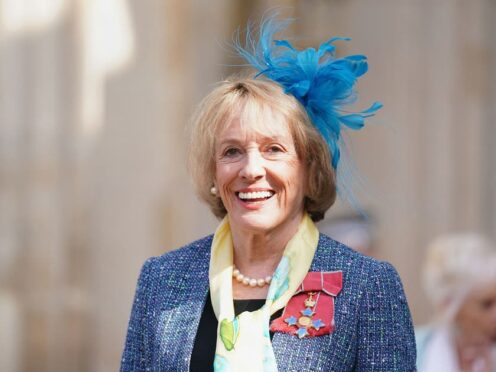If anyone feels like testing their breath-holding capabilities, BBC One’s iPlayer now contains 56 minutes of the first episode of new Sunday night drama series Time with which to practice.
Created and written by the relentlessly excellent Jimmy McGovern (Cracker, The Street), now into his seventies and still one of the freshest and most urgent voices in British screenwriting, the programme was raw tension from start to finish – and probably a very effective crime prevention aid.
First time in prison
It opened on Sean Bean’s Mark Cobden, timid and disorientated in a transit vehicle, on the way from court to start his prison sentence while the angry young lads in the vehicle alongside him fight over which one of them is a “grass”.
We learn that Mark is a teacher, a first-timer in prison, who’s serving four years for a dangerous driving conviction which most likely involved drink and a death.
Soon after we also meet Stephen Graham, British television’s go-to character actor for troubled, soulful hardmen, who’s Mark’s ‘personal officer’ Eric McNally. The pair’s contact is fleeting in this episode, but we establish pretty quickly that Eric is the kind of prison guard who requires that the inmates call him “Mr McNally” or just “boss”.
Eric seems the firm but fair sort, but we catch a glimpse of the dark capabilities lurking below his buttoned-up surface when one returning inmate tells him he’s discovered that McNally’s son David is an inmate at another prison, and that his “lads” can make sure the young man is “comfy” – that word does a lot of heavy lifting here – if McNally does what he’s told.
Meanwhile, Mark’s eyes are being opened to prison in a manner which suggests the show is as meticulously, realistically researched as we might expect from McGovern.
Namely, it’s a story of men sitting around being very bored, alone with their regrets and painful memories, until a moment of horrifying reality explodes amid the tedium; one of Mark’s profoundly mentally ill cellmate Bernard’s episodes, for example, or the ‘grass’ being violently doused with a kettle full of boiling, sugared water.
Time is not an easy watch
This blend of either nasty things happening, or viewing on high alert for a nasty thing happening at any moment, make Time a predictably tough watch.
The hardest scenes aren’t those of prison violence, though, so much as the moments of human connection and beauty which show these men what they’re missing, like the joyful normality of visiting hour or Mark’s brief phone call with his hopeful and forgiving son.
On this opening episode’s strength, at least, the indications are that Time will be one of the great British television dramas of this year.
It’s a prison drama, a crime thriller and a powerful investigative look at how a social institution works, whose impartiality mustn’t be mistaken for lack of judgement, and the dialogue and performances also couldn’t be any finer.
The cost of keeping one prisoner incarcerated, we learn, is £30,000: “that’s six British winters on an Aussie beach. Money down the drain, mate. You go in here and you come out worse, and everybody knows it.”
This is Bernard talking, the least well-adjusted character in the show, but the concluding two episodes will surely find McGovern trying to prove him right.
